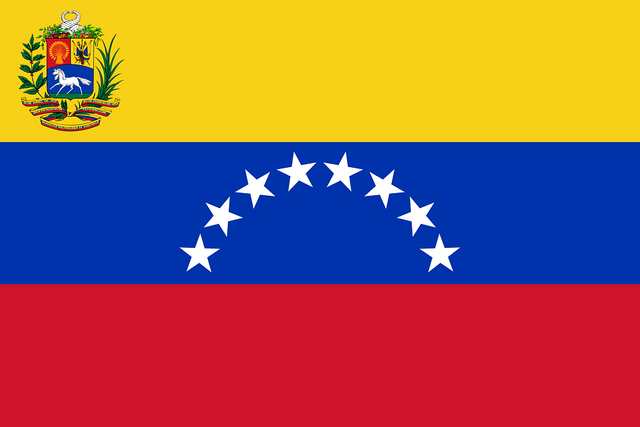Municipal taxes // income scheme, which allows the development of the communities


In Venezuela, a tax system has been devised that allows a sum of means capable of achieving the essence of the State, regardless of its form or system of government. However, over the years, the Venezuelan State has obtained income from oil revenues and non-oil revenues, which until a decade ago allowed it to satisfy collective needs.
In this sense, the municipalities of Venezuela are in constant tax transformation, which is why citizens are developing acculturation in the tax sphere, therefore, the contribution of the economic sectors to the tax collection are reflected in the financial statements of the companies and, being more dynamic, the cases of direct and indirect municipal services.

However, the municipalities undertake actions to generate sufficient economic resources to provide public services in better conditions to the community, they are also obliged to expand, improve and reform the systems of perception of these entries. Consequently, the ordinances that regulate the attributive matter in the municipal contour must be adapted, updated and applied. The tax on economic activities and their collection is intended to obtain the resources to reward them in public goods and services that satisfy the basic needs of the community.
The collection of taxes, over the years, has become one of the main economic sources of developed countries and those in the process of development, going through different changes in order to improve more and more collection strategies , in order to offer economic independence and, at the same time, provide solutions to the main needs of a society, contributing to the socio-economic development of a nation. Therefore, an inevitable event to achieve this development is the creation, implementation and adjustment of laws stipulated specifically for the collection of the tax, since this has gone from being an initiative of the inhabitants, to be part of an obligation for all those who exercise economic activities within a country, state or municipality.

Likewise, Venezuela has been considered one of the countries with less tax burden, because its main source of income, for many years, was oil, hydrocarbons and the exploitation of non-renewable resources; For some years, these revenues have become insufficient to subsidize public expenditures, so it was necessary to resort to the implementation of a tax system to obtain higher revenues.
In this sense, the current Constitution of the Bolivarian Republic of Venezuela, according to Article 133 states that:
"Everyone has the duty to contribute to public expenses through the payment of taxes, taxes and contributions."
Hence, the municipal administrations have seen the need to establish effective control strategies for increasing their income, which in turn will be invested in the development of the respective municipality.

However, to face public spending, Venezuela has created a tax system with the purpose of directing and controlling the various national, state and municipal taxes. That is why at the municipal level there are two forms of income given by the constitutional and by the various taxes established by municipal ordinances. For which, the municipalities in Venezuela have autonomy with respect to the different taxes to be collected, such as: urban, real estate transactions, vehicles, public shows, games and bets and economic activities; the latter includes the tax to be borne by a taxable person on economic activities to foreign companies, which consists of that company or taxpayer that carries out economic activities in the jurisdiction of a municipality, for profit; but without having a permanent establishment. This type of taxpayer is considered to be in a foreign category, due to having an occasional or occasional physical presence in the territorial scope of a municipality.
Similarly, for example, the Ordinance (reform) on Economic Activities of Industry, Commerce, Services or similar nature of the Catatumbo municipality of the State of Zulia, in its article 49 establishes:
"It will be taken as a tax base for the calculation and settlement of the tax of passive taxpayers, the gross income or sales, or the work contract, work order or other credits originated by the execution of lucrative activities in the jurisdiction of the municipality."

So we have that the situation of dependence on the funds of the constitutional, which is the majority of the municipalities of Venezuela, is due to the inability of them to exploit their potential collection, both administrative problems, referred to the complication of procedures and efficiency, as well as technical problems related to the absence of registration and cadastre.
For this reason, it is important to mention that a well-formulated strategy allows order to be maintained and, in turn, efficiently allocates the existing resources within the tax administration, allowing good management to the collection administrator (Directorate of Municipal Public Finance, for example).

Congratulations @willians! You received a personal award!
You can view your badges on your Steem Board and compare to others on the Steem Ranking
Do not miss the last post from @steemitboard:
Vote for @Steemitboard as a witness to get one more award and increased upvotes!